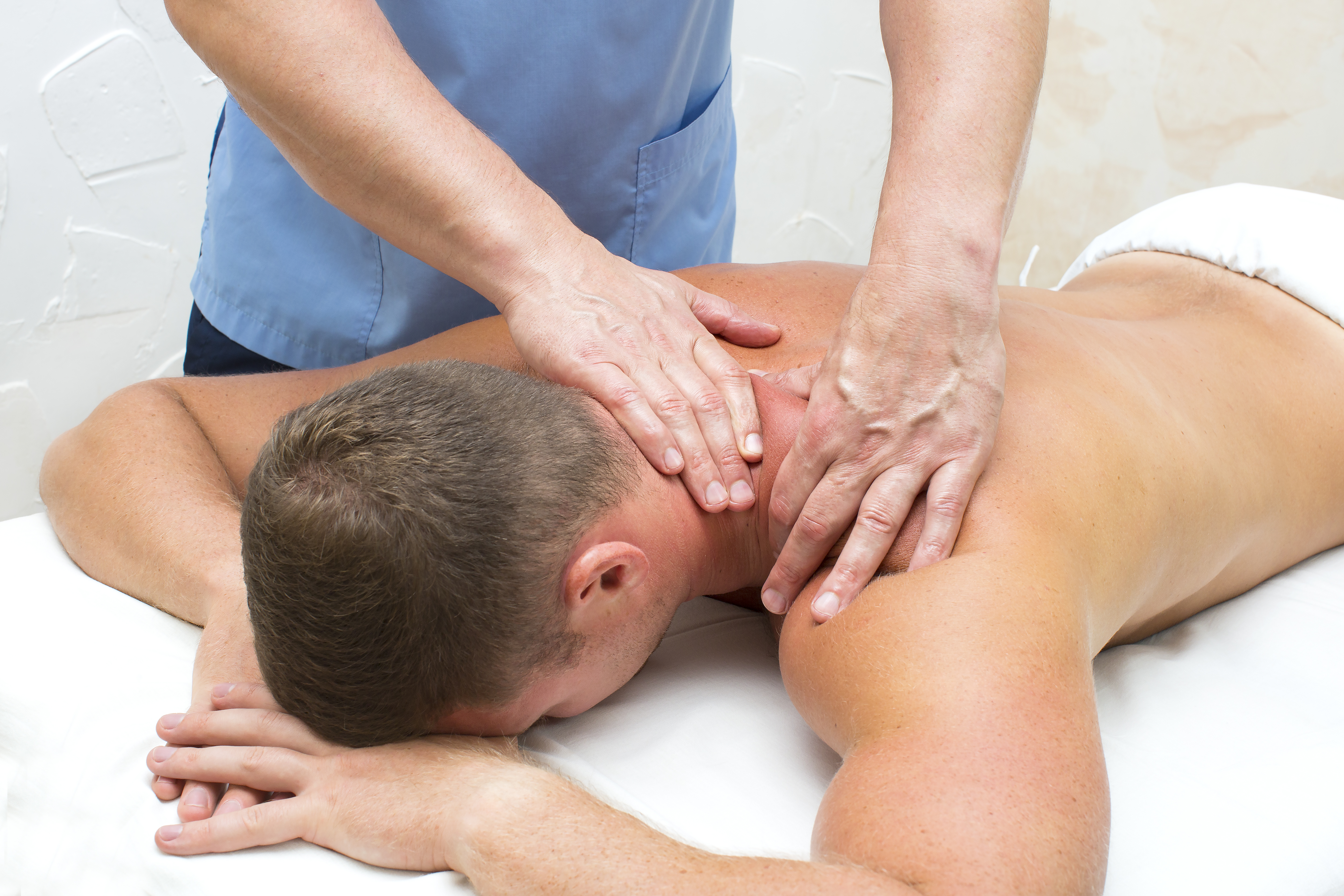Why is massage considered good medicine?

A growing body of research on alternative wellness, supports the health benefits of massage therapy for conditions such as stress, fibromyalgia, low-back pain and more. According to the American Massage Therapy Association (AMTA) survey, 72 percent of individuals surveyed claim their primary reason for receiving a massage in the previous 12 months was medical (43 percent) or stress (29 percent). Find out how you can benefit from adding massage therapy to your health and wellness routine.
What is massage?
Massage is a general term for pressing, rubbing and manipulating your skin, muscles, tendons and ligaments. Massage may range from light stroking to deep pressure. There are many different types of massage, including these common types:
- Swedish massage. This is a gentle form of massage that uses long strokes, kneading, deep circular movements, vibration and tapping to help relax and energize you.
- Deep massage. This massage technique uses slower, more-forceful strokes to target the deeper layers of muscle and connective tissue, commonly to help with muscle damage from injuries.
- Sports massage. This is similar to Swedish massage, but it’s geared toward people involved in sport activities to help prevent or treat injuries.
- Trigger point massage. This massage focuses on areas of tight muscle fibers that can form in your muscles after injuries or overuse.
 Benefits of massage
Benefits of massage
Massage is generally considered part of complementary and alternative medicine. It’s increasingly being offered along with standard treatment for a wide range of medical conditions and situations.
Studies of the benefits of massage demonstrate that it is an effective treatment for reducing stress, pain and muscle tension.
While more research is needed to confirm the benefits of massage, some studies have found massage may also be helpful for:
- Anxiety
- Digestive disorders
- Fibromyalgia
- Headaches
- Insomnia related to stress
- Myofascial pain syndrome
- Soft tissue strains or injuries
- Sports injuries
- Temporomandibular joint pain
Beyond the benefits for specific conditions or diseases, some people enjoy massage because it often produces feelings of caring, comfort and connection. And despite the benefits, massage is not meant as a replacement for regular medical care so we always recommend that you let your doctor know you’re trying massage. Be sure to follow any standard treatment plans you have receive from the doctor or currently have.
Risks of massage
Most people can benefit from massage. However, massage may not be appropriate if you have:
- Bleeding disorders or take blood-thinning medication
- Burns or healing wounds
- Deep vein thrombosis
- Fractures
- Severe osteoporosis
- Severe thrombocytopenia
Discuss the pros and cons of massage with your doctor, especially if you are pregnant or you have cancer or unexplained pain.


